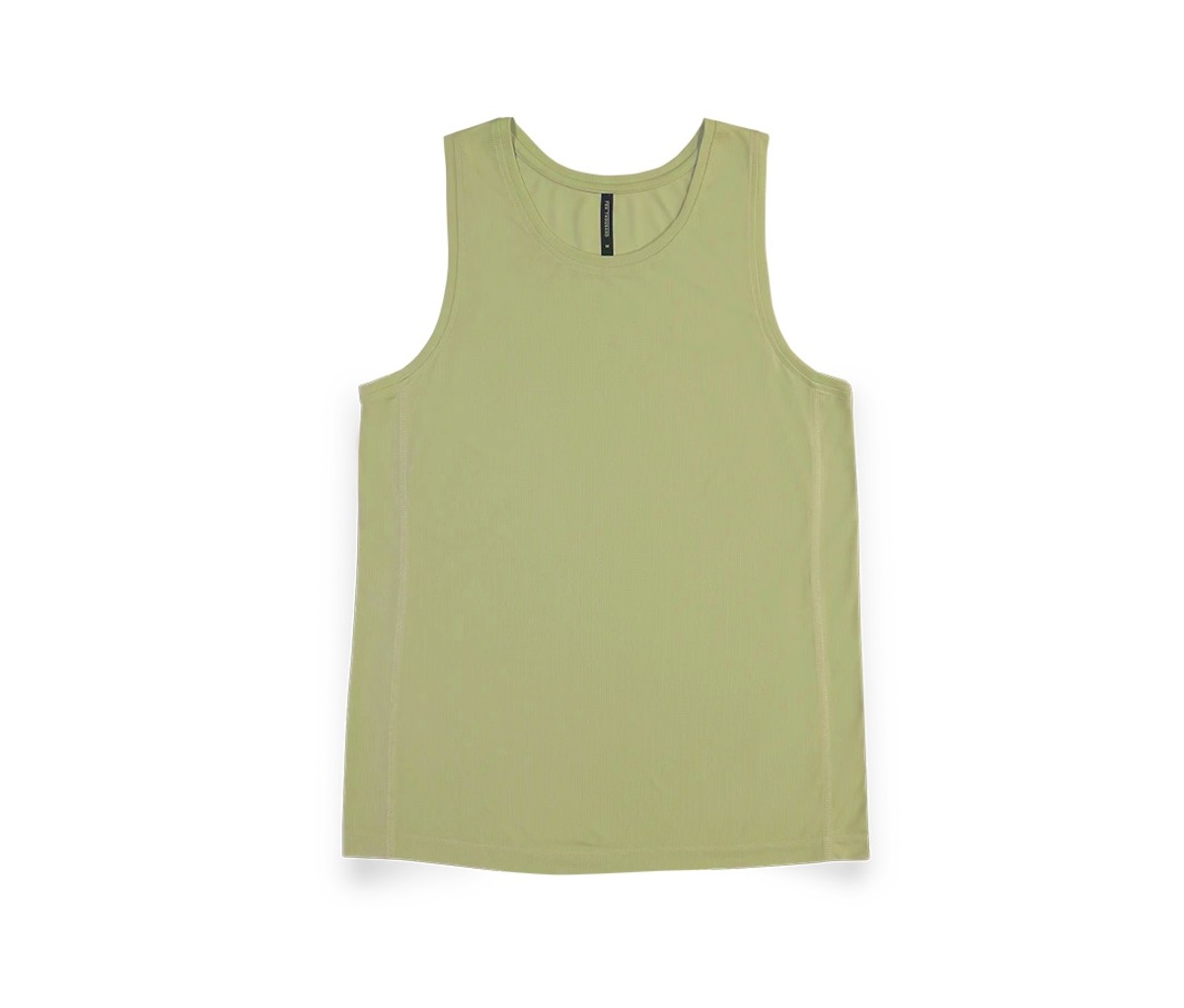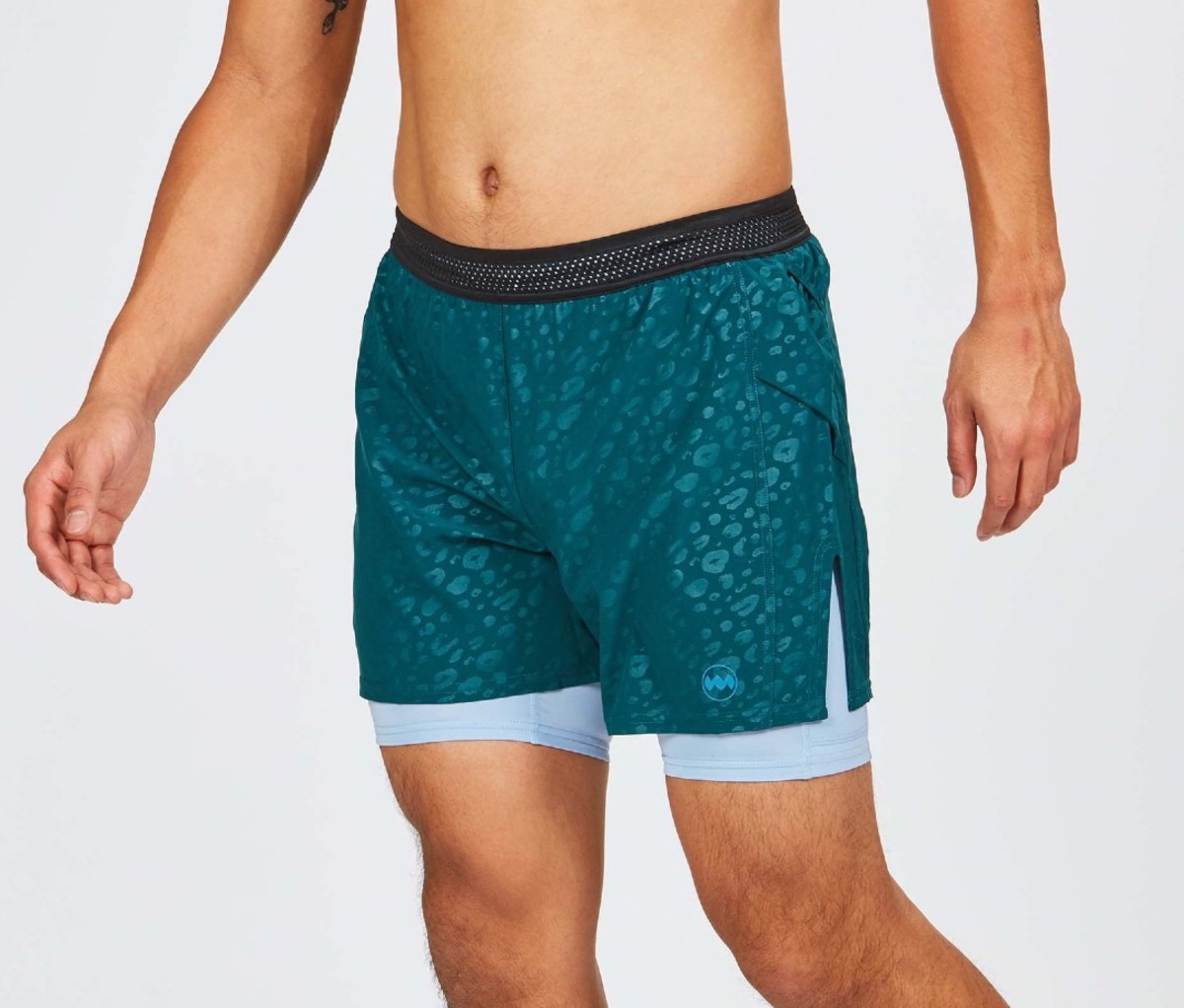On the muggiest, swampiest days of summer, you’ve no doubt questioned if running shirtless is the best way to beat the heat. But before you start thinking about how to kit up or strip down, you should understand what happens to your body in the heat.
“When you exercise, you use energy that’s stored in your body to perform the work,” explains Samuel N. Cheuvront, Ph.D., a research physiologist who studies fluid balance and endurance exercise. “But only about 20 percent of all the energy we’re generating when we exercise actually goes toward performing the physical work; the rest of it is turned into heat.”
Your body has a limited capacity for storing that heat energy. So when your brain senses your body temperature has increased, it elicits two responses: It shunts more blood flow to the skin, where increased vasodilation—a widening of the blood vessels at the skin’s surface—prepares your body to start dumping heat, explains Chris Minson, a professor of human physiology at the University of Oregon, who studies heat acclimation responses in athletes. At the same time, your brain signals the millions of sweat glands in your body to push water vapor through your pores onto your skin, where it then evaporates. It takes energy for that liquid to shift to gas; that’s how your body gets rid of excess heat, he explains.
That process of evaporation is crucial. If you wipe sweat off or it just drips off of you, it’s not taking any heat with it. As any runner knows, it’s not necessarily the heat that makes summer running feel so hard, it’s the humidity. The more humid it is, the more water vapor is in the air, says Cheuvront. And “when the water vapor pressure of the air is greater than the water vapor pressure of your sweat, your sweat won’t be able to evaporate—it just drips,” he explains. And so all that heat you’re generating is just building up in your body with no release.
On those hot, humid runs, “the less clothing you wear, the more opportunity there is for an evaporative heat exchange between your skin and the air,” says Cheuvront. (If it’s super swampy, though, you won’t be able to balance heat production with heat loss—even if you’re running naked. In that case, you can either lessen your intensity to produce less heat, or you can seek out active cooling like running through sprinklers.)
A nice breeze and/or the natural airflow you’re generating while cruising along—called convection—can facilitate the efficiency of evaporation, even in humid conditions. “When there’s a breeze across your skin, it pushes that more humid air away from you so the air near your skin is drier,” says Minson.
Opting for more skin exposure is generally the best choice if it’s not too sunny or you’re running in the shade. But if you’re running at noon on a cloudless day, adding a layer over your skin can be beneficial. “When there’s more direct sun, that solar radiation can heat you up a lot,” says Minson—even if the air temperature isn’t actually that high. In those conditions, you want to protect the skin not just from sunburn but from solar heat gain. Wearing light clothing (no dark colors!) can help reflect or block some of those heat waves, he adds.
If you’re self-conscious about running shirtless in public, that’s cool. While all clothing is insulative to some extent (trapping air and preventing evaporation), there have been so many advances in fabric technology that you can easily find a lightweight shirt that won’t drag you down. “You want to wear clothing that has very low insulation; we call it a low-CLO value,” says Cheuvront. “It should be highly permeable to absorb sweat easily and evaporate that sweat easily. The surface of the clothing will actually be cooled by the sweat evaporation and that in turn will keep the skin cool.” Look for words like quick-drying, sweat-wicking, and breathable.
Just remember that “when it comes down to it, there’s nothing that enhances our sweating ability better than our own skin,” says Minson. And it’s hard to feel shy about shedding your shirt when you feel the sweet relief that comes with all that fresh air on your skin.
If you do want to don clothing, try these light, breathable running essentials.

Ten Thousand Distance Tank
Micro-eyelets create ventilation throughout the entirety of this tank. It minimizes cling, drapes over your body for minimal chafing, and is treated with silver ions to mitigate stink. Not a fan of tanks? Ten Thousand also makes a Distance Shirt ($54; tenthousand.cc) in the same material and sage green colorway.
[$54; tenthousand.cc]

Janji Men’s 8″ 2-in-1 Traverse Short
You don’t need thigh-baring short-shorts to stay comfortable. Janji’s Traverse Short pairs a sweat-wicking brief liner with an 8″ inseam for modesty with a woven shell short. Two elastic pockets and a loop bungee offer plenty of solutions for storage (that loop can be used to keep keys secure or a shirt should you resort to running shirtless).
[$72; janji.com]

Mission Cooling Gaiter
Neck gaiters are experiencing a surge in popularity due to the COVID-19 pandemic. They’re lighter, more breathable, and quicker to dry than bandanas and can be pulled up to cover your mouth and nose when passing pedestrians and other runners. (Pro tip: Wear a cap, then tuck the top of the gaiter into the back opening so it’ll actually stay up on its own.) Mission’s has a UPF 50 rating that blocks up to 98 percent of UV rays. If the weather is exceptionally hot, you can wet the gaiter, wring it out, then snap it to activate its cooling technology: In less than 30 seconds, it’ll cool down to 30 degrees below average body temperature. If you do this, just keep it around your neck (wetting will make it impossible to breathe through).
[$20; mission.com]
from Men's Journal https://ift.tt/3eNv8y6
No comments:
Post a Comment